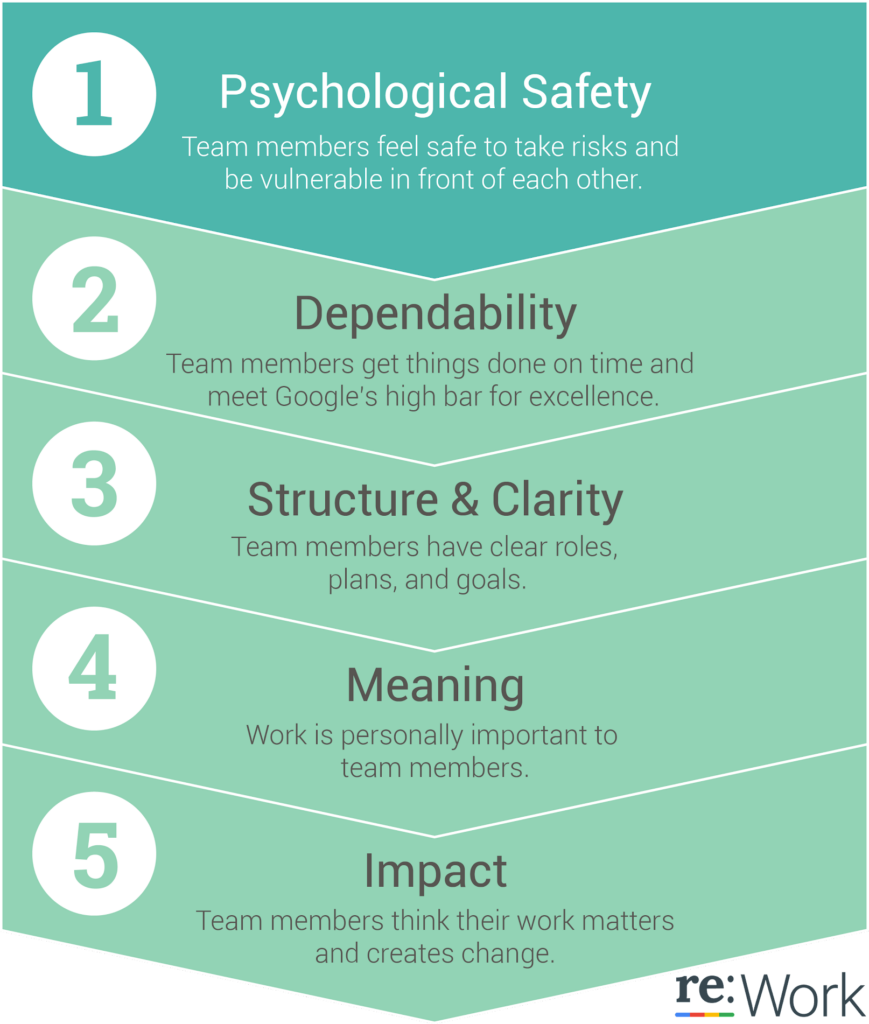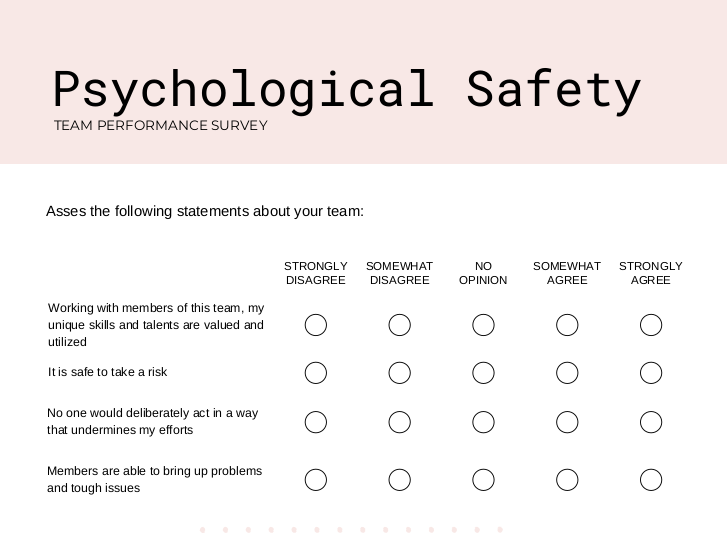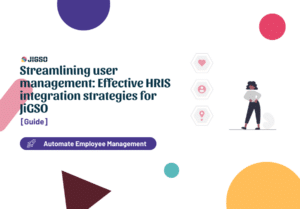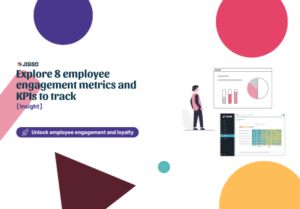In today’s fast-paced and ever-changing workplace, psychological safety has become a critical factor for success. When employees feel safe to speak up and take risks without fear of negative consequences, they are more likely to be engaged, productive, and innovative. In this blog post, we will explore why psychological safety matters in the workplace and how leaders can create it.
What is Psychological Safety
Before jumping into why psychological safety matters, let’s first look at what it is.
The inception of psychological safety
Organizational behavioral scientist Amy Edmondson of Harvard first introduced the construct of “team psychological safety” and defined it as “a shared belief held by members of a team that the team is safe for interpersonal risk taking.”
In her book “The Fearless Organization: Creating Psychological Safety in the Workplace for Learning, Innovation, and Growth”, Edmondson presents a compelling argument for the importance of psychological safety in team dynamics and provides practical strategies for leaders to create a culture of safety and trust.
Project Aristotle
Later, psychological safety was identified by the Project Aristotle as the most important indicator for team dynamics. Project Aristotle was an internal research project carried out by Google to understand the key factors that contribute to the success of its teams. The project was initiated in 2012 and involved a multi-year study of more than 180 teams within the company.
The main goal of Project Aristotle was to identify what makes some teams successful while others struggle. The researchers analyzed a wide range of factors, including team composition, personality types, communication patterns, and work styles, to try to pinpoint the key factors that contribute to team success.
Psychological safety was found to be the most important factor in determining team effectiveness.
One of the most significant findings of Project Aristotle was the importance of psychological safety in team dynamics. The researchers found that teams with high levels of psychological safety were more likely to be successful than those without it. In fact, psychological safety was found to be the most important factor in determining team effectiveness.

Overall, Project Aristotle was a significant research project that shed light on the key factors that contribute to team success. The findings of the project have important implications for organizations looking to build more effective teams, and they provide valuable insights into the importance of psychological safety in team dynamics.
Psychological Safety is an essential component of a positive work environment
In a psychologically safe environment, people are free to express their thoughts and opinions without fear of retaliation. This leads to open and honest communication, which in turn fosters innovation, creativity, and problem-solving. People feel more comfortable sharing their ideas, which leads to more diverse and thoughtful solutions.
As one of the most important indicators of team and business performance, psychological safety is not just a fluffy HR concept. It impacts the way organisations make decisions, innovate and learn.
On the other hand, when people do not feel psychologically safe, they may hold back, avoid speaking up, and disengage from the team or organization. This can lead to missed opportunities and decreased performance. People may feel that they cannot voice their opinions, or that they will be punished for making mistakes, which can create a culture of fear and anxiety. Leaders have a critical role to play in creating a psychologically safe environment. They must foster a culture of openness and transparency, encourage questions and curiosity, and demonstrate that they are willing to admit mistakes and learn from them.
Psychological safety is particularly important in today’s rapidly changing and complex workplace. Organizations that are able to embrace psychological safety and create a culture that encourages it will be better positioned to thrive in the long run.
When people feel psychologically safe, they are more willing to express their opinions and engage in open dialogue.
In conclusion, psychological safety is an essential component of a positive work environment where individuals feel supported and respected. When people feel psychologically safe, they are more willing to express their opinions and engage in open dialogue. This leads to greater innovation and creativity, better problem-solving, and improved decision-making. Leaders must prioritize creating a culture of psychological safety to enable their teams to reach their full potential.

How to foster Psychological Safety on your teams
Leaders have a critical role to play in creating a psychologically safe environment. They must foster a culture of openness and transparency, encourage questions and curiosity, and demonstrate that they are willing to admit mistakes and learn from them.
So, how can leaders create a culture of psychological safety? Here are some tips:
1. Lead by example
As a leader, you need to model the behaviors you want to see in your team. Be open to feedback, admit mistakes, and encourage risk-taking. When team members see you modeling these behaviors, they are more likely to follow suit.
2. Encourage open communication
Create opportunities for team members to share their ideas and opinions. Encourage active listening and constructive feedback. Make sure that everyone on the team feels heard and valued. We often get the question from organisation how they can install a feedback culture, this post helps you get there.
There a few tools out there to help you with continuous employee listening, but in addition to employee listening we need ‘team listening’. At JiGSO we designed our Team Listening module to help your team members with listening to each other. Team Listening allows you to keep a pulse on your teams and gives them the insights and tools to thrive and perform.
On top of that, our recommendation engine suggest learning script to kick start honest and open team dialogues. These scripts are tailored to the needs of your teams and employees, and help your people to bridge the gap between knowing and doing.
A couple of these script examples can bound in our free stuff zone:

Psychological Safety Survey
Psychological Safety is an essential component of a positive work environment. Use this survey to discover the strengths and the challenges of the team, and also to receive actionable advice on what to do to develop as a team.

Fika Break
Fika is a ritual where a conversation is being held with no agenda in mind. It is a concept, a state of mind, an attitude, and an important part of Swedish culture. All Swedes consider it important to take a pause.

Failure Sessions
Use this script when you have the feeling that failure is taboo or if team members feel they are quickly penalised if they make a mistake.
3. Embrace diverse perspectives
Encourage diversity and inclusivity on your team. Embrace different perspectives and encourage team members to bring their unique experiences and backgrounds to the table. This will help to create a culture of respect and empathy.
4. Celebrate wins & failures
Encourage your team to take risks and learn from failure. Even when things don’t go as planned, celebrate the learning opportunity and use it as a chance to improve processes and systems. If everything goes according to plan, all the better: recognize and reward your team members’ hard work and achievements.
Allow your employees to easily celebrate wins & failures with our praise module
Our Instant Feedback & Praise module is exactly this. With just a few clicks, people can send shout outs and kudos to their colleagues for a job well done.
5. Set clear expectations
Make sure that everyone on the team understands their role and responsibilities. Set clear expectations for communication, feedback, and problem-solving. This will help to minimize confusion and reduce stress.
6. Encourage continuous learning
Encourage your team to learn and grow. Provide opportunities for training and development. Motivate team members to share what they have learned and to apply new skills and knowledge to their work.
360 degree feedback modules are a popular tool used by organizations to provide employees with feedback on their performance from multiple sources. The idea behind 360 feedback is to provide employees with a well-rounded view of their strengths and weaknesses, helping them to identify areas for improvement and enhance their performance. In this blog post we further elaborate on the key benefits of 360 feedback.
With our 360 degree feedback module, your employees have an dream tool to help support their development.
7. Provide support
Make sure that your team members have the resources and support they need to do their job effectively. Provide emotional support when necessary and encourage team members to support one another.
As Hans already mentioned in a previous blog post, discussing team dynamics is awkward because it makes you vulnerable as a leader. Nevertheless, the interpersonal dynamics within your team are crucial for team success. Instead of ignoring the topic, structure the discussion by implementing rituals. As a leader you are the master of ceremony, streamlining these team rituals and creating a space for depth & emotions

In case you are looking for more information, there is an interesting TEDx talk where Edmondson offers three simple things individuals can do to foster team psychological safety:
- Frame the work as a learning problem, not an execution problem.
- Acknowledge your own fallibility.
- Model curiosity and ask lots of questions.



